Business
LAND OWNERS ALLEGEDLY TAKE LAFARGE TO COURT OVER INJUSTICE

Some land owners of Ijagba community and their neighbors in Sagamu, Ogun state have taken Lafarge cement WAPCO Nigeria to court over an expanse area of land which was compulsorily acquired by the military government of the state late in the 1990s.
Reports have it that over 1,000 hectares of land was acquired for public purposes abosolutely and especially for the establishment of cement factory. After the acquisition, the land owners reportedly challenged the surveyors who were working on the land which they told then (Land owners) that they (Surveyors) were staff of the state government who were paving way for a state owned cement factory in which the children of the community would have unrestricted access to employment. The land owners were happy and gladly agreed with the acquisition.
But at a meeting held at the Onijagba’s palace on Wednesday,11th July, 2007 over the crop enumeration exercise, representatives of both of the state government and Lafarge disclosed that the land was going to be transferred to Lafarge to exploit. This angered the land owners who spoke in one voice that Lafarge should pay the market value of the land. Since there had been open confrontation between the land owners on the land, Lafarge and Ogun state government, on the other hand, this led to the land owners’ letter of 19th May, 2008 demanding full compensation from Lafarge. In order to get a full picture of the story, this column made enquiries from Lafargeholcim in Europe, the parent company of Lafarge cement WAPCO Nig. PLC in an email on Nov. 4, 2015 and demanded answers to a 14-list set of questions. The questions bordered on why Lafarge should allow themselves to be dragged to court over a land they would immensely exploit for profit.
Since Lafargeholcim have not bothered to respond to our enquiry, we take it probably a corporate policy of the company not to countenance agitations that may benefit them. The land owners claim to have been so treated by Lafarge in Nigeria.
This column has therefore decided to go ahead with the story as far as our investigation can support.
Since the land owners letter on 19th May, 2008 referred to the land owners have reportedly made a series of overtures to Lafarge with a view to arriving at an amicable settlement. The company’s attitude had been negative.
In March 2014, the land owners reportedly instituted a legal action against Lafarge claiming full compensation for the land that had been transferred to them. The ogun state government was joined in the action.
After the completion of the crops enumeration excises the state government wrote to Lafarge to send their cheque for some #32,000,000 as compensation for the crops and structures. The sum was distributed by the state government to the land owners in accordance with the crops enumeration list. This list was prepared well ahead of the meeting at Onijagba’s palace in July 2007.
Lafarge is reportedly claiming that the 32m for crops was for the land. This shows that one hectare of land would cost about #32,000 i.e a plot of land of 60ft x 120ft will cost #2,134 or less than ten euro!!! Can’t someone in Lafarge be serious?
On its own part, the state government is contesting that the action by the land owners was statute barred but the court has ruled that it was not statute barred as the transfer of the land to Lafarge took place in 2008/2009. All other grounds of objection by the state government were also ruled in favor of the land owners.
It is understood that subsequent to the court ruling in the proceeding paragraph, the land owners had again extended their hand of fellowship to Lafarge for dialogue which the company hasn’t reciprocated.
The question bothering this column is why Lafarge should think they should seize the land which has been the source of livelihood for over three and a half centuries from the land owners and pay nothing for it. They want to exploit this land for profit and send 60% of such profit to shareholders outside the shores of the country. The remaining 40% will be distributed to less than 50% of the Nigerian population and probably none of the land owners benefiting from such distribution. The land owners have reportedly decided to resist the injustice.
we sent them messages for confirmation but no response.
“My name is Ifetayo Adeniyi, a Publisher and Celebrity journalist based in Lagos, Nigeria. I came across a story few weeks back and I decided to investigate it for me to have a balanced story. The story is all about THE BAD AND UGLY SIDE OF LAFARGEHOLCIM DEALING TOWARDS LAND OWNERS (IJAGBA COMMUNITY) IN SAGAMU, OGUN STATE, NIGERIA. I have some questions begging for answers so that it would not be a one side story by the time I break the news to the international community. I have some documents that are in my possession during the course of my investigation. I also discovered that few elite and royal father too have been compromised with members of your top management here in Sagamu and Nigeria to the detriment of the Land owners from Ijagba community, in Sagamu, Ogun State. This act cast shadow on your integrity as multi National company.The few elite can not champion the course of Ijagba community land owners because of their selfish interest. I’ll appreciate your sincere response. 1. How much do they pay Land owners from Ijagba community for the 1001 hectares of land that they are operating on now? Not crops and structure compensation. 2. Are they aware that the said land was meant for Public Use when government discussed with the landowners before they gave it to Lafarge wapco cement now Lafargeholcim? then converts it for commercial use which is contrary to the law without paying the landowners from Ijagba community. 3. Do they connived with the government officials to deceived the land owner Ijagba community that they would be paid for their land and other remuneration as dimmed fits. 4. In 2007, when wapco Lafarge cement then paid about #32,000,000 for the crops and structure to Ijagba community landowners…did the document stated 1001 hectares of land was for free ? 5.Are they aware that the land owners Ijagba community source of income were their farmlands (1001 hectares) that was taken without paying for the it? 6. Do they connived with few elite in the community who has nothing to do with landowners (Ijagba community) to suppress their voices? 7. Is there any of their CSR projects located within Ijagba community for direct benefits of the land owners or was it a compensation or hijacked by few elite and royal father to their immediate community in Sagamu?. 8. Are they aware that majority of the landowners (Ijagba community) are leaving in abject poverty? 9. Is Lafargeholcim ready to pay for the land to the Land owners (Ijagba community) or not? When they make billions of naira every year on the said land. 10. Is Lafargeholcim aware that the land owners (Ijagba community) are going through emotional tortures that has lead to the death of some of them? 11. Is that the way Lafargeholcim operates in other countries? I mean taking over landed property of about 1001 hectares without paying for the land? 12. Is the payment for the crops and structures because of air pollution caused by your able company that destroyed their means of livelihood is the same thing as paying for the land? 13. During my investigation I understand that the landowners would have preferred out of court settlement after they won the case at the high court but few top management of Lafargeholcim and the few influential people in sagamu always block the Avenue for the two parties to meet because of their selfish interest. Is that the way you have been doing it in other countries? 14. Lafargeholcim going to court over the used of the said land by them without paying for it, in whose interest? Is it to delay justice until the landowners die or to deny the landowners of their heritage and right because they can’t afford Senior Advocate of Nigeria? Thanks and God bless you as I wait on your reply within 5days before I would go to the Press. Thanks +234-705-311-1111. [email protected]“
Business
Adron Homes at 14: From Shimawa to Over 60 Livable Communities, Building Cities Beyond Estates
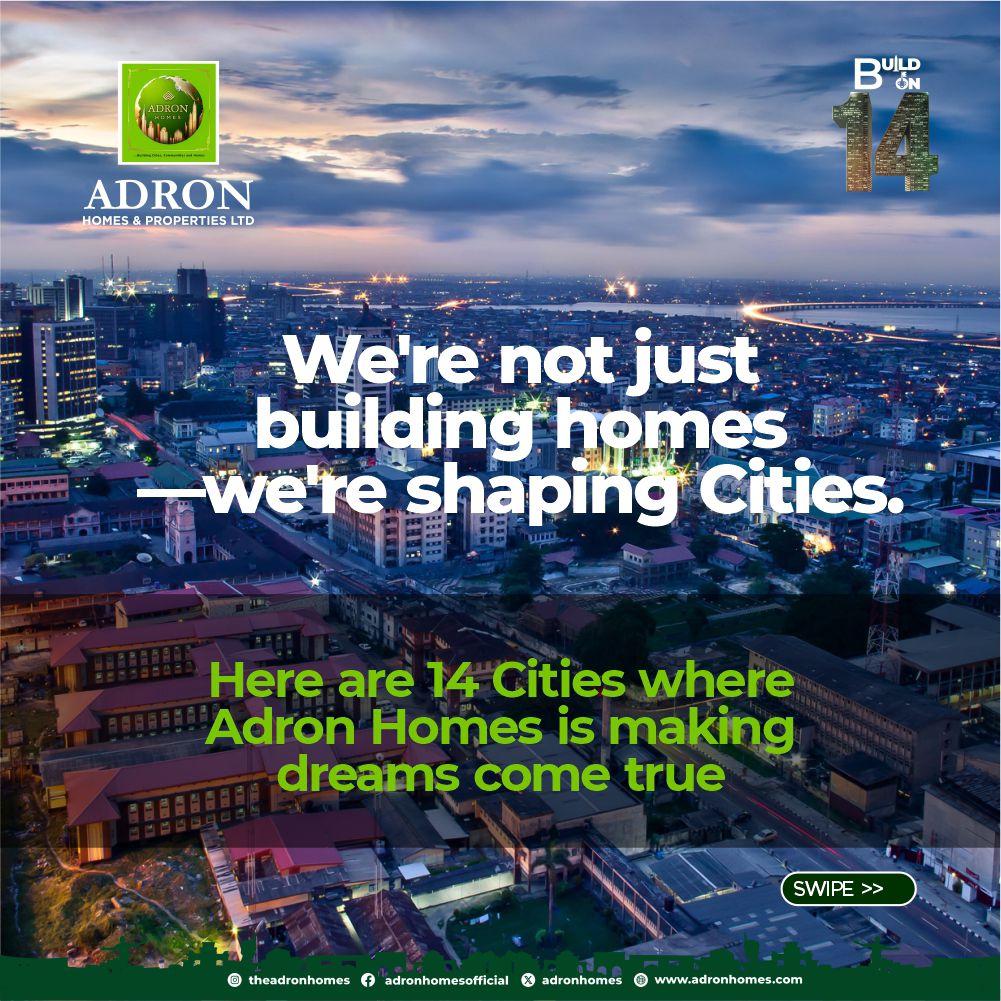
Adron Homes at 14: From Shimawa to Over 60 Livable Communities, Building Cities Beyond Estates
Fourteen years ago, what began as a visionary real estate development effort in Shimawa, Ogun State, has evolved into one of Nigeria’s most recognizable housing success stories. Today, Adron Homes & Properties stands as a major force in structured urban development, with over 60 livable communities and estate dwellings spread across key regions of the country. Its journey reflects a deliberate mission that is not just to sell land, but to build functional cities where Nigerians can live with dignity, security, and a strong sense of community.
At a time when Nigeria faces rapid urbanization and an ever-growing housing deficit, Adron Homes has embraced an approach rooted in planning and affordability. From its earliest developments, the company adopted a city-building model that integrates structured layouts, accessible infrastructure, and community-focused design. Roads, drainage systems, green areas, and designated social spaces are incorporated into estate planning, transforming empty land into organized residential hubs.
The story of Adron’s growth mirrors Nigeria’s evolving urban landscape. Beginning in Shimawa, the company strategically expanded into major growth corridors, including Lagos, Ogun, Oyo, Osun, Ekiti, Abuja, Nasarawa, Niger, and beyond. Its estates have not only provided shelter but have also influenced the emergence of new residential districts, encouraging organized expansion and helping to reduce the challenges associated with unplanned settlements.
Central to the company’s success is its commitment to affordability. Through flexible payment structures and innovative housing initiatives, Adron Homes has opened the door to homeownership for thousands of Nigerians who previously considered property ownership out of reach. This democratization of housing has empowered families, strengthened communities, and supported economic growth through increased property investment and local business opportunities within estates.
Beyond physical structures, Adron Homes prioritizes community building. Estates are designed as living ecosystems where families interact, children grow in secure environments, and entrepreneurs find opportunities to thrive. The emphasis on social cohesion has helped transform residential spaces into vibrant neighborhoods, reinforcing the idea that housing development should nurture human connection as much as physical infrastructure.
As Nigeria continues to urbanize, Adron Homes’ model demonstrates that real estate development can be both commercially viable and socially impactful. Its projects serve as reference points for emerging residential corridors, attracting further investment and setting standards for organized development across multiple regions.
Celebrating fourteen years of growth and innovation, Adron Homes remains committed to shaping Nigeria’s urban future through sustainable planning, inclusive housing solutions, and community-driven development. From its humble beginnings in Shimawa to a nationwide network of livable communities, the company’s journey stands as a testament to the power of vision, resilience, and a steadfast belief that cities are built not just with structures, but with people at their heart.
Business
14 Years of Democratizing Landownership: How Adron Homes Is Redefining Mass Housing in Nigeria
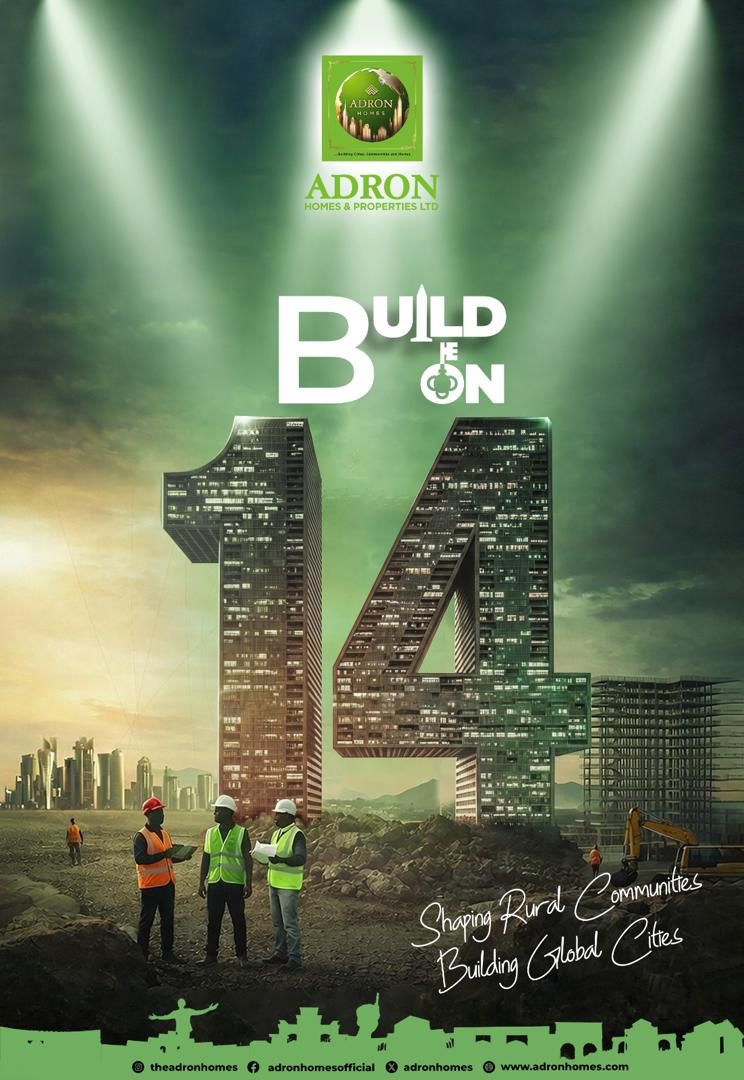
14 Years of Democratizing Landownership: How Adron Homes Is Redefining Mass Housing in Nigeria
For decades, homeownership in Nigeria remained an elusive dream for millions, restricted by rising rents, unstable housing markets, and mortgage systems beyond the reach of the average citizen. Fourteen years ago, Adron Homes and Properties Limited set out to challenge this reality with a bold and disruptive vision: to make land and homeownership affordable, accessible, and achievable for everyday Nigerians.
Founded on the principle that housing should be a right and not a privilege, Adron Homes has steadily emerged as one of Nigeria’s most influential mass housing developers. At the heart of its success is an affordability-driven model that prioritizes inclusion without compromising quality. Through flexible payment plans, low initial deposits, and extended installment options, the company has broken long-standing financial barriers that once excluded civil servants, young professionals, artisans, traders, and Nigerians in the diaspora from owning property.
Fourteen years on, this vision has translated into tangible impact across over 60 estates nationwide, strategically located in major and emerging growth corridors including Ibeju-Lekki, Lekki–Epe, Badagry, Shimawa, Papalanto, Sagamu, Abeokuta, Ibadan, Osun, Ekiti, Abuja, Nasarawa, and Niger State. Each estate represents more than infrastructure, it reflects Adron Homes’ commitment to decentralizing development and expanding access to property ownership beyond traditional urban centers.
Through this mass housing initiative, thousands of Nigerians have successfully transitioned from tenants to landlords, many achieving property ownership for the first time. Unlike conventional real estate models that emphasize exclusivity and luxury, Adron Homes has consistently aligned its offerings with the real income realities of the Nigerian population, ensuring that housing solutions remain practical, inclusive, and sustainable.
Beyond affordability, trust has remained a defining pillar of the Adron Homes brand. The company places strong emphasis on secure land titles, transparent documentation, and regulatory compliance, protecting subscribers from land disputes and fraudulent transactions. This focus on integrity has strengthened customer confidence and positioned Adron Homes as a dependable gateway to long-term wealth creation through real estate.
As Adron Homes marks its 14th anniversary, its mass housing journey stands as more than a corporate achievement but a national intervention. By restoring dignity, promoting financial security, and transforming thousands of property ownership dreams into reality, Adron Homes continues to play a vital role in shaping Nigeria’s housing landscape and building a future where more citizens can truly call a place their own.
Business
Deadline of Compliance: Nigeria’s Urgent Call for Tax Return Filing
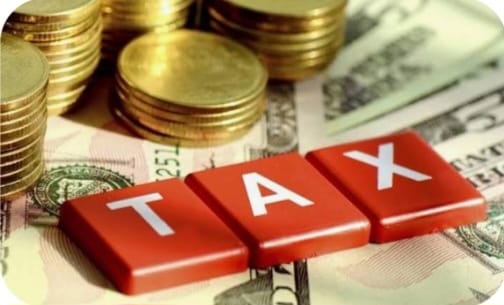
Deadline of Compliance: Nigeria’s Urgent Call for Tax Return Filing
By George Omagbemi Sylvester | Published by SaharaWeeklyNG.com
“Shift or Structural Demand? A Declaration of Civic Duty in a Nation at a Fiscal Crossroads.”
In the unfolding narrative of national development and economic reform, few instruments are as defining as tax compliance. For Nigeria, a nation perpetually grappling with revenue shortfalls, structural dependency on a single export commodity, and entrenched informal economic behaviour, the Federal Government’s recent clarification on tax return deadlines is not mere bureaucratic noise. It is a deliberate and inescapable declaration: the social contract between citizen and state must be honoured through transparent, lawful and timely tax reporting.
At its core, the government’s pronouncement is stark in its simplicity and radical in its implications. Federal authorities, speaking through the Chairman of the Presidential Committee on Fiscal Policy and Tax Reforms, Taiwo Oyedele, have made it unequivocally clear that every Nigerian, whether employer or individual taxpayer, must file annual tax returns under the law. This encompasses self-assessment filings by individuals that too many assumed ended once employers deducted pay-as-you-earn taxes from their salaries.
This is not an optional civic suggestion, it is mandatory, backed by statute, and tied to a broader vision of national fiscal responsibility. Citizens can no longer hide behind ignorance, apathy, or false assumptions. “Many people assume that if their employer deducts tax from their salaries, their obligations end there. That is wrong,” Oyedele warned, emphasizing that the obligation to file remains with the individual under both existing and newly reformed tax laws.
The Deadlines and the Reality They Reveal.
Across the federation, state and federal revenue authorities have reaffirmed statutory deadlines in pursuit of compliance. The Lagos State Internal Revenue Service, for instance, moved to extend its filing date for employer returns by a narrow window, reflecting the reality that compliance often lags behind legal timelines. The extension was intended not as leniency, but as a pragmatic effort to allow accurate and complete submissions, underscoring that true compliance rises above mere mechanical ticking of a box.
At the federal level, Oyedele’s intervention was even more fundamental. He reminded Nigerians that annual tax returns for the preceding year must be filed in good faith, with integrity and in respect of the law. This applies regardless of income level including low-income earners who have historically believed that they are outside the tax net. “All of us must file our returns, including those earning low income,” he stated.
Herein lies one of the most challenging truths of contemporary Nigerian governance: widespread tax non-compliance is not just a technical breach of law, it is a deep cultural and structural issue that reflects decades of mistrust between citizens and the state.
The Root of the Problem: Non-Compliance as a Symptom.
Nigeria’s tax culture has long been under scrutiny. Public discourse and economic analysis consistently show that a significant majority of eligible taxpayers do not file annual returns. Oyedele highlighted that even in states widely regarded as tax administration leaders, compliance remains strikingly low, often below five percent.
This widespread non-compliance stems from multiple sources:
A long history of weak tax administration systems, where enforcement was inconsistent and penalties were rarely applied.
A perception that public services do not reflect the taxes collected, eroding the citizenry’s belief in reciprocity.
An informal economy where income often goes unrecorded, making filing seem irrelevant or impossible to many.
Lack of awareness, with many Nigerians genuinely believing that tax liability ends with employer deductions.
The government’s renewed push for compliance directly challenges these perceptions. It signals a shift from voluntary or lax compliance to structured accountability, a stance that aligns with best practices in modern public finance.
Why This Matters: Beyond Deadlines.
At its most profound level, the insistence on tax return filings is about nation-building and shared responsibility.
Scholars of public finance universally agree that a robust tax system is the backbone of sustainable development. As the eminent economist Dr. Joseph E. Stiglitz has observed, “A society that cannot mobilize its own resources through fair taxation undermines both its government’s legitimacy and its capacity to provide for its people.” Filing tax returns is not a mere administrative task, it is a declaration of participation in the collective project of national advancement.
In Nigeria’s context, this declaration carries weight. With the enactment of comprehensive tax reforms in recent years (including unified frameworks for tax administration and enforcement) authorities now possess broader statutory tools to ensure compliance and accountability. These measures, which include electronic filing platforms and stronger enforcement powers, have been framed as fair and equitable, targeting efficiency rather than arbitrariness.
Yet the success of these reforms depends heavily on citizens embracing their civic duties with sincerity. And this depends on mutual trust, the belief that paying taxes yields tangible benefits in infrastructure, education, healthcare, security and social services.
Voices From Experts: Fiscal Responsibility as a Public Ethic.
Tax law experts and economists, reflecting on the compliance push, have underscored a universal theme: taxation without transparency is inequity, but taxation with accountability is empowerment. When managed with fairness, a functional tax system can reduce dependency on volatile revenue sources, stabilise national budgets, and support long-term investment in human capital.
Professor Aisha Bello, a respected authority in fiscal policy, notes that “Tax compliance is not a burden; it is the foundation upon which social contracts are built. A citizen who honours tax obligations affirms the legitimacy of governance and demands better performance in return.”
Similarly, a leading tax scholar, Dr. Emeka Okon, argues that “The era when Nigerians could evade broader tax responsibilities simply because automatic deductions occur at source must end. For a modern economy, every eligible citizen must be part of the formal tax fold not as victims, but as stakeholders.”
These authoritative voices point to an unassailable truth: filing tax returns is both a legal requirement and a moral responsibility, an expression of citizenship in its fullest sense.
Challenges on the Ground: Compliance and Capacity.
While the rhetoric of compliance is compelling, the reality on the ground demands nuanced understanding. Many taxpayers (especially in the informal sector) lack meaningful access to digital platforms and resources for filing returns. For others, the fear of bureaucratic complexity and perceived punitive enforcement deters participation.
The government, for its part, has responded by promoting online systems and pledging greater taxpayer support. Tax authorities are increasingly engaging stakeholders to demystify filing processes, explain requirements and offer assistance. This mix of enforcement and facilitation is essential. As one seasoned revenue specialist observed: “The state cannot compel compliance through force alone; it must earn it through education, simplicity and fairness.”
The Broader Implication: A New Social Compact.
Ultimately, Nigeria’s renewed emphasis on tax return filing transcends administrative deadlines. It is an unequivocal declaration that national development is a shared responsibility, that citizens and state must engage in a transparent, accountable, and reciprocal relationship.
Tax compliance, therefore, becomes far more than a legal act; it becomes a moral claim on the nation’s future.
When citizens file their returns honestly, they affirm their stake in the nation’s destiny. When the government collects taxes transparently and deploys them effectively, it strengthens not only public services but civic trust itself.
In this sense, the deadlines proclaimed by Nigeria’s fiscal authorities mark not an end but a beginning; the beginning of a civic epoch in which accountability replaces apathy, participation replaces indifference and national purpose triumphs over fragmentation.
The road ahead will not be easy. But in demanding compliance, Nigeria is demanding more than tax returns. It is demanding commitment and that, ultimately, is the foundation on which nations are built.
-

 celebrity radar - gossips6 months ago
celebrity radar - gossips6 months agoWhy Babangida’s Hilltop Home Became Nigeria’s Political “Mecca”
-

 society6 months ago
society6 months agoPower is a Loan, Not a Possession: The Sacred Duty of Planting People
-

 Business6 months ago
Business6 months agoBatsumi Travel CEO Lisa Sebogodi Wins Prestigious Africa Travel 100 Women Award
-

 news6 months ago
news6 months agoTHE APPOINTMENT OF WASIU AYINDE BY THE FEDERAL GOVERNMENT AS AN AMBASSADOR SOUNDS EMBARRASSING











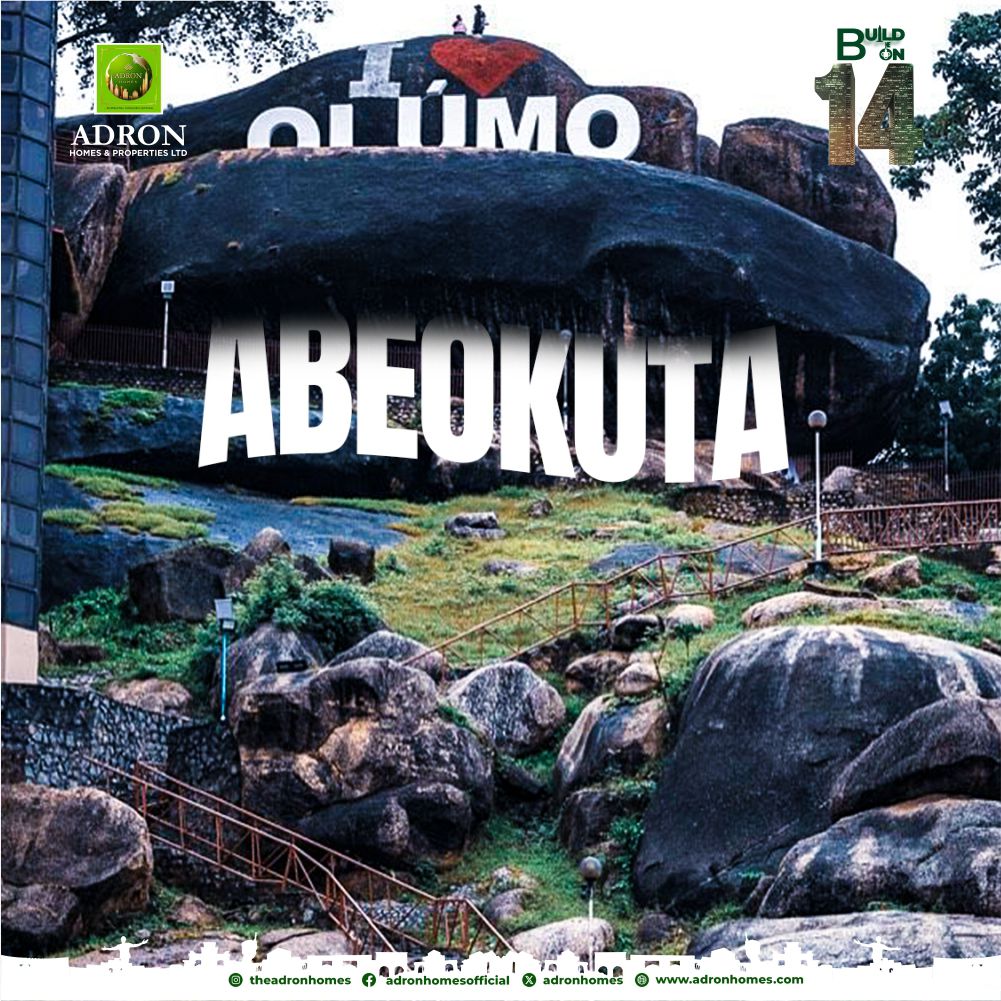
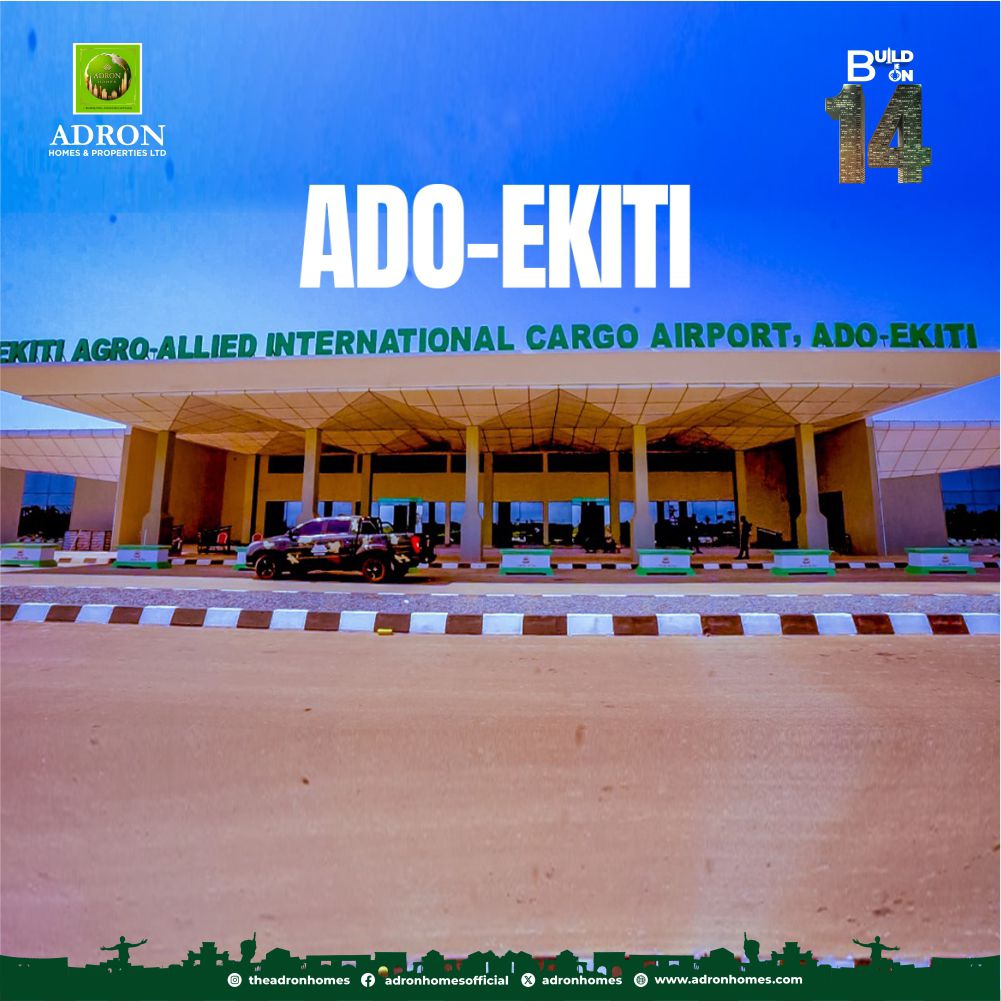
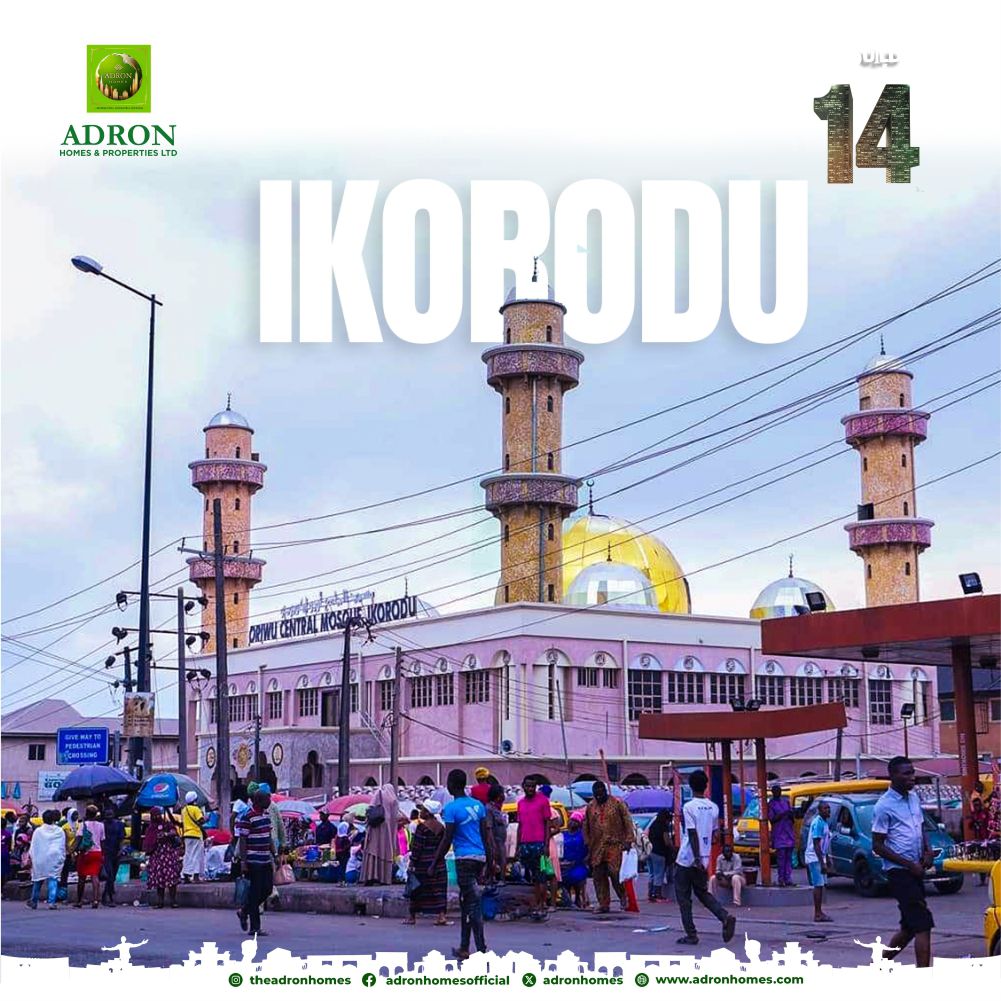
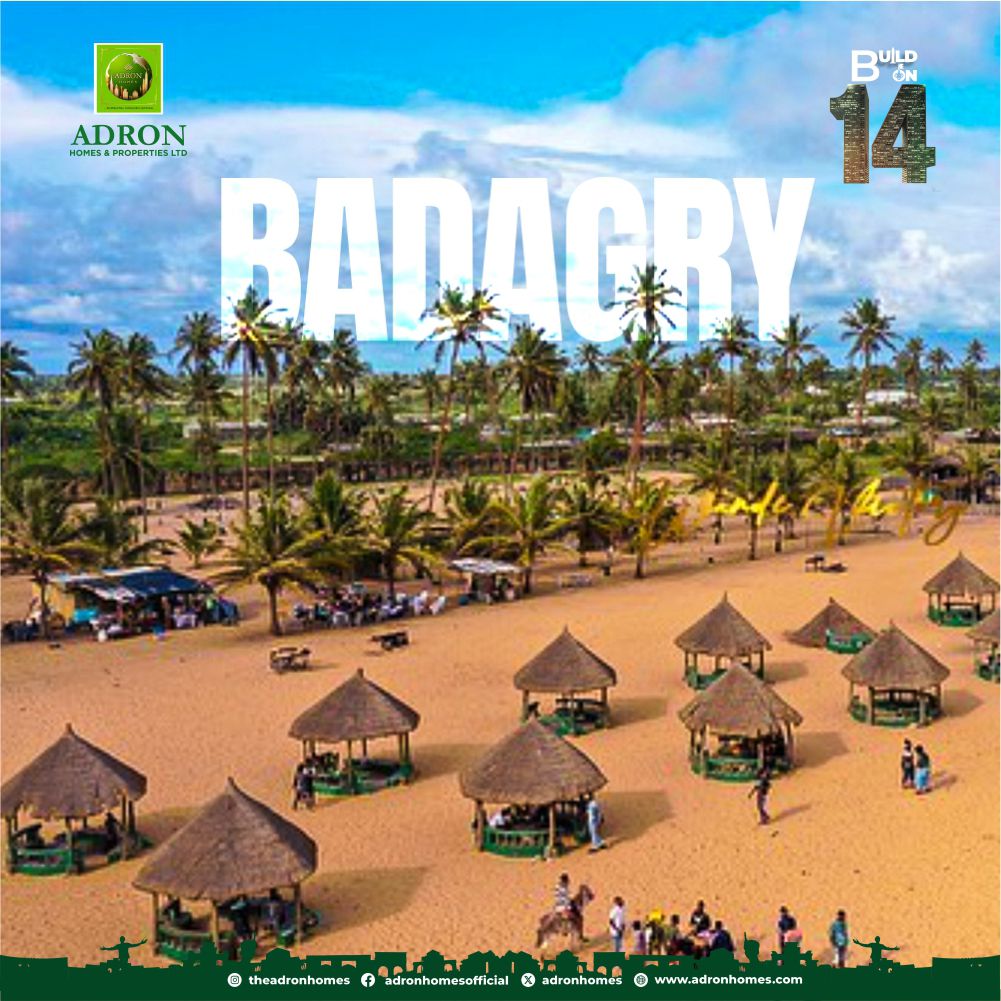
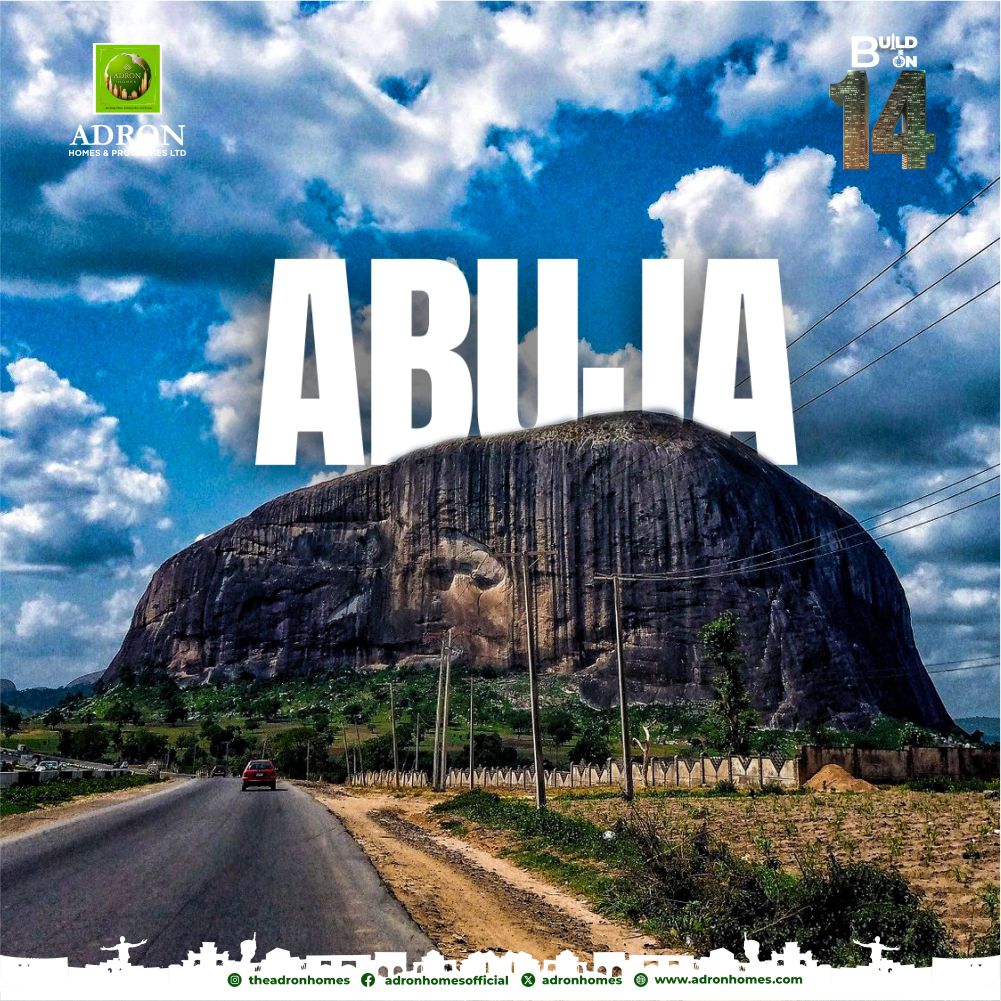
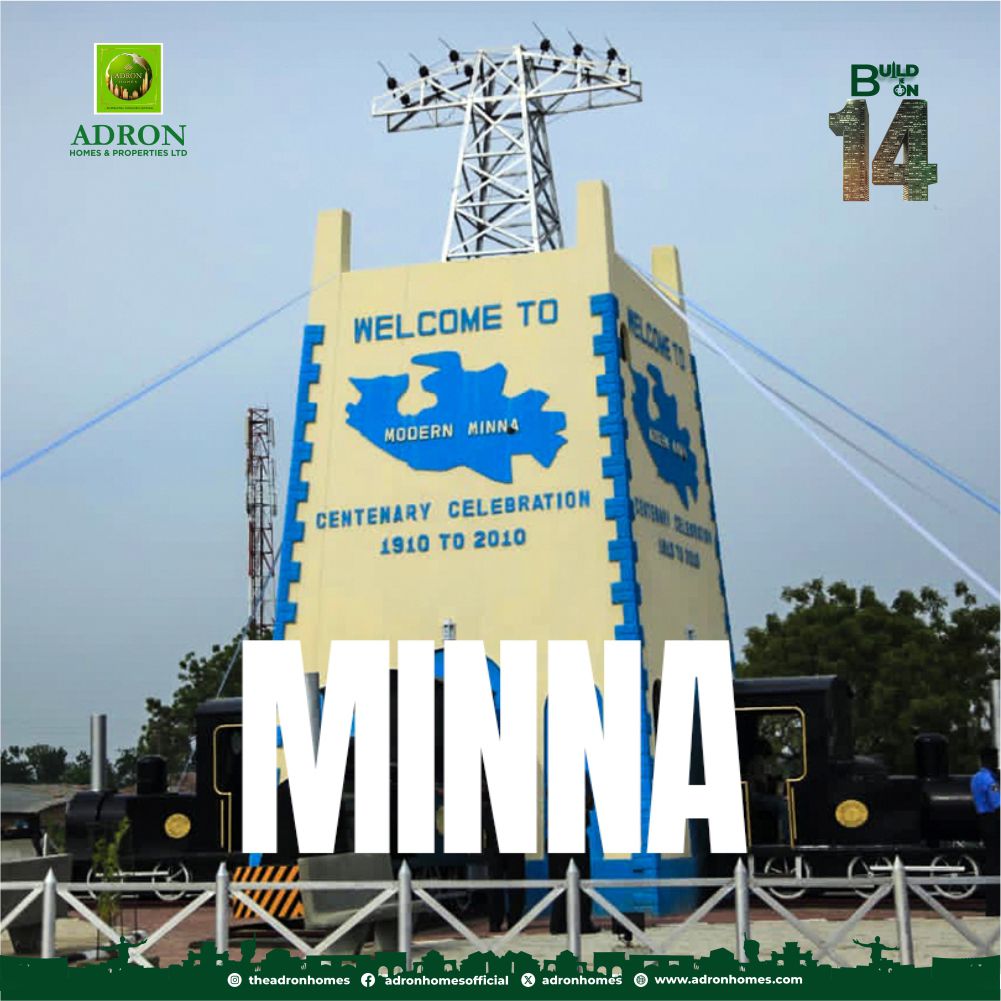
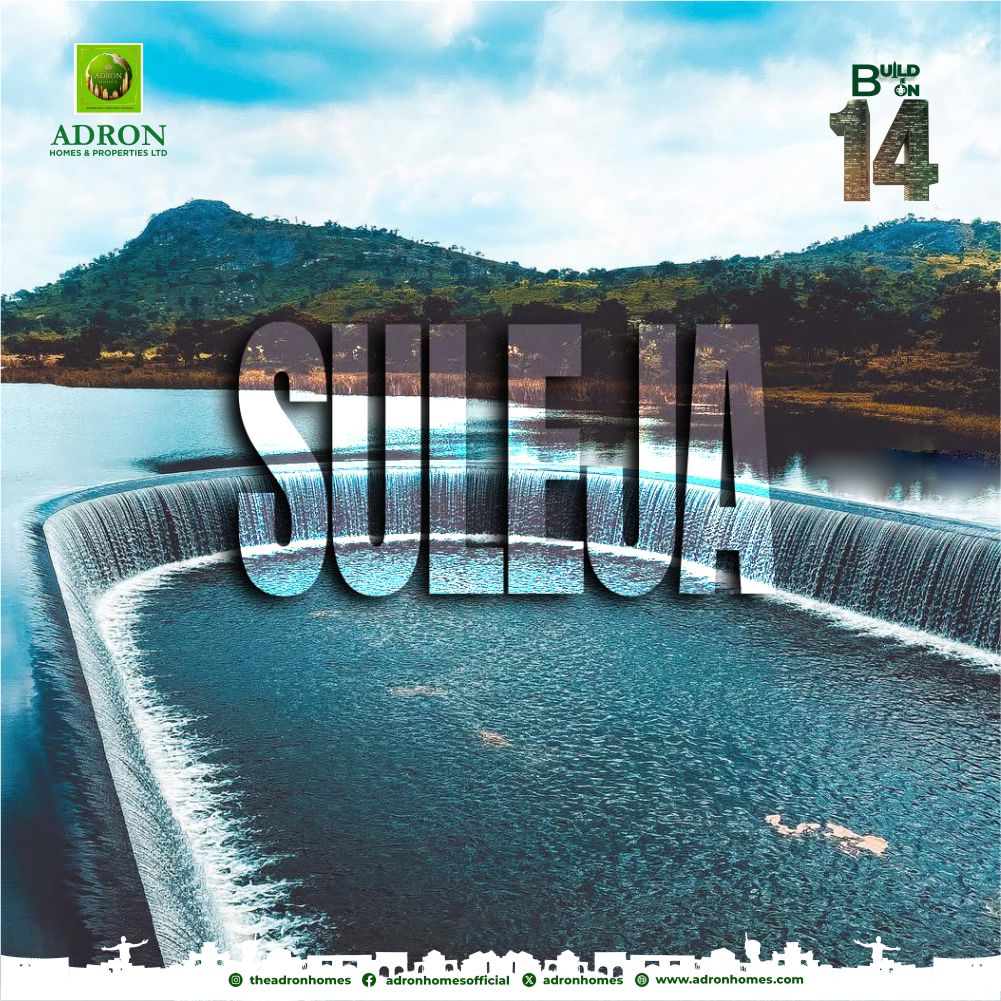
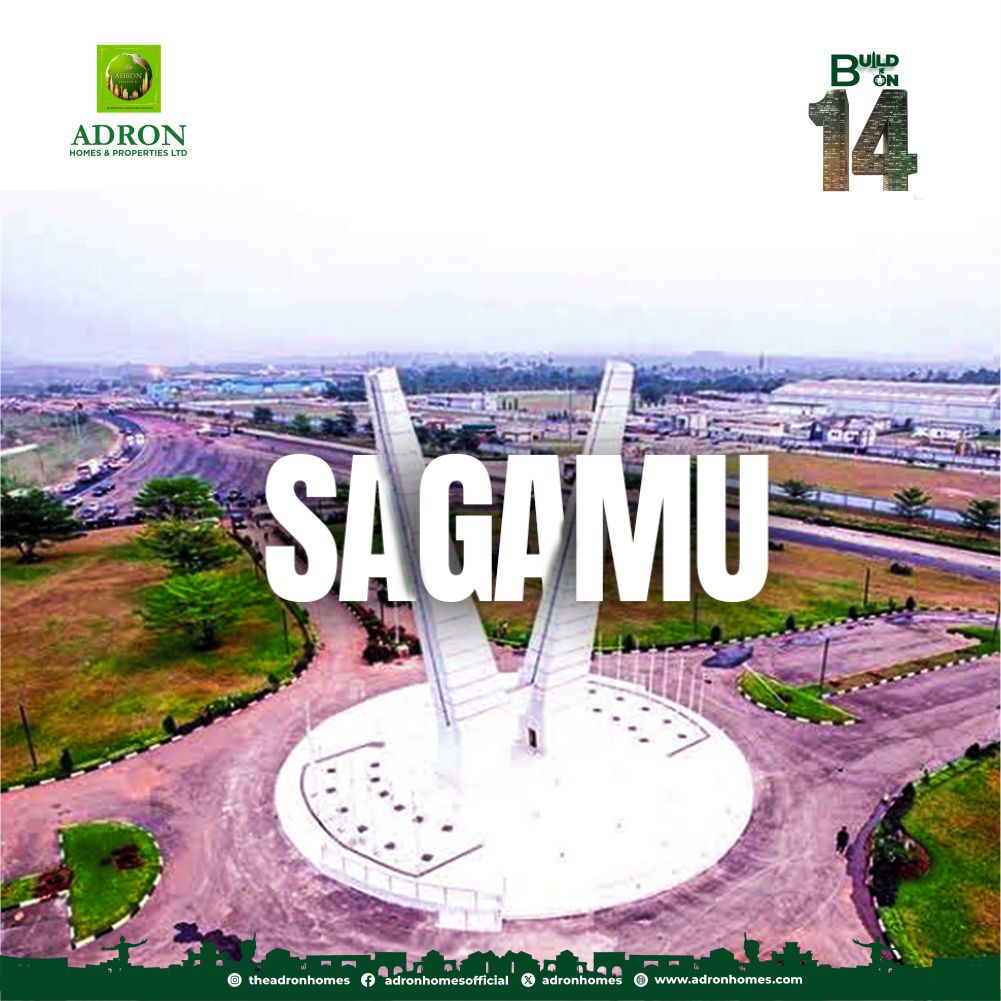
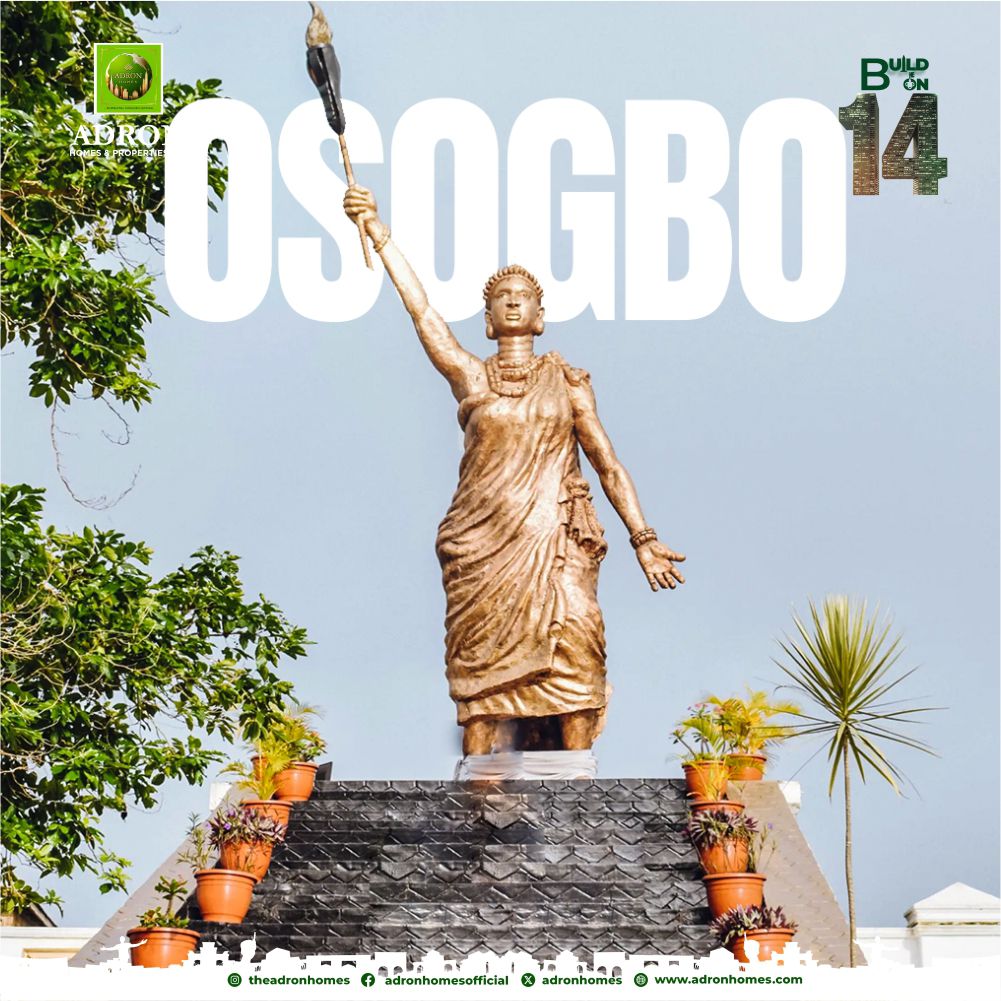

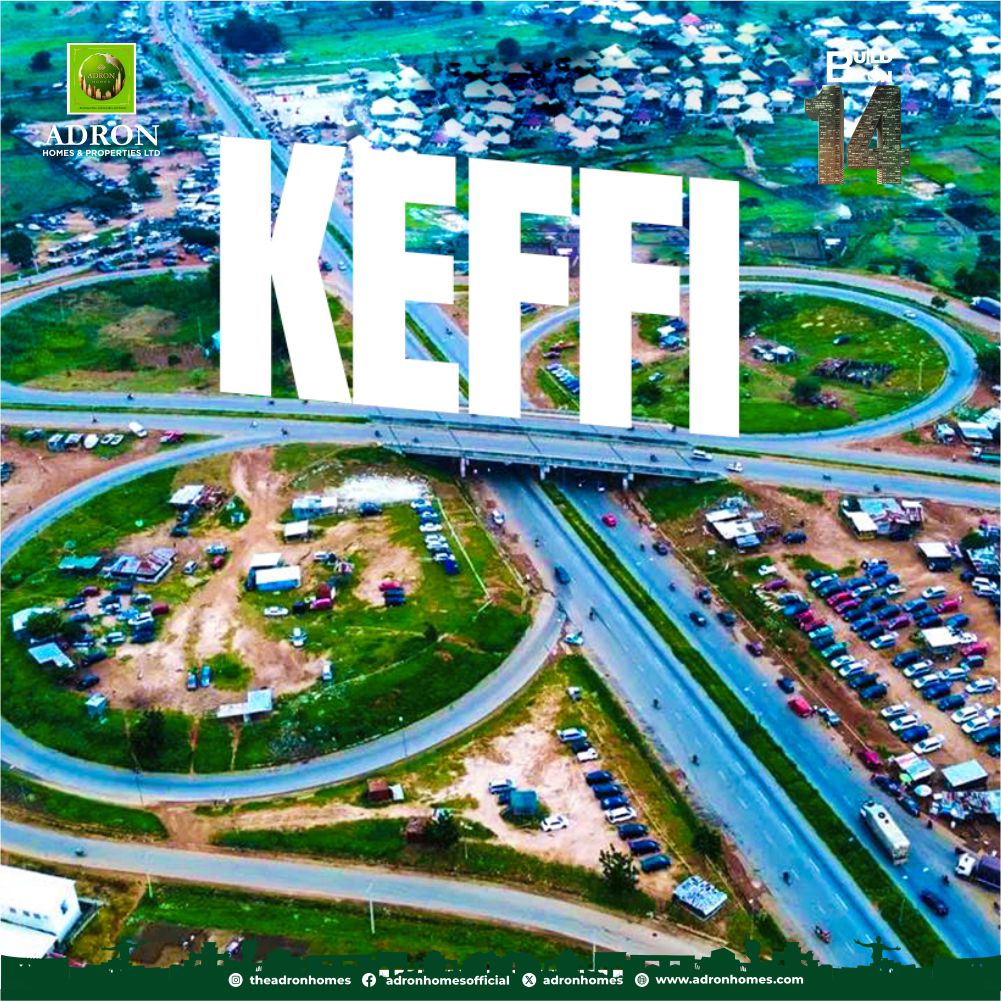
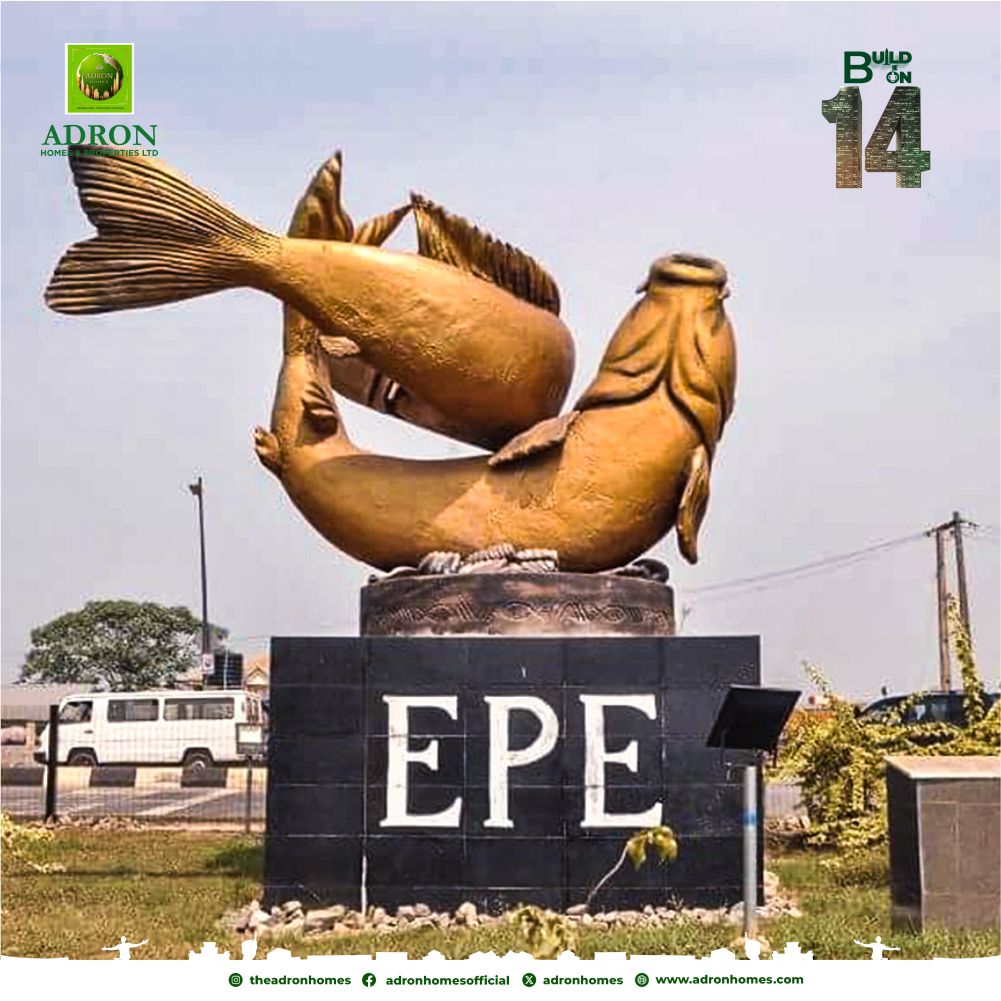
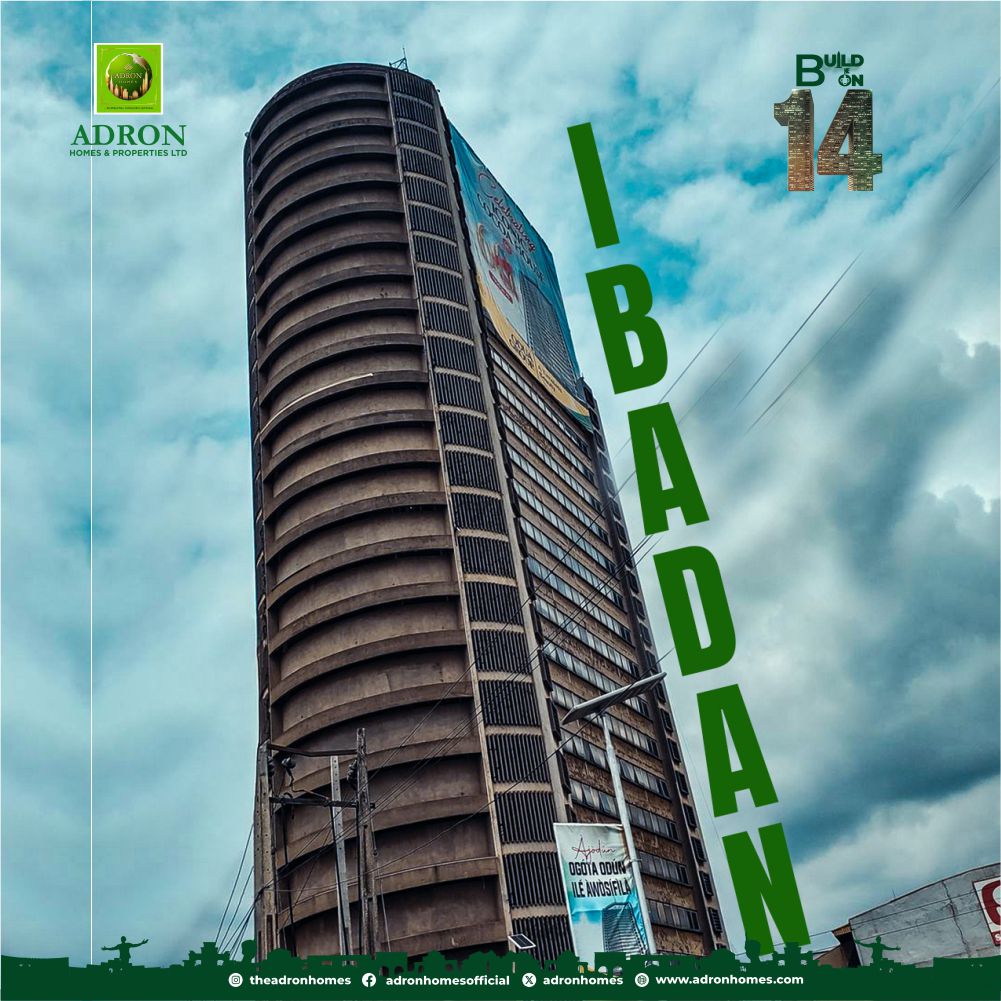
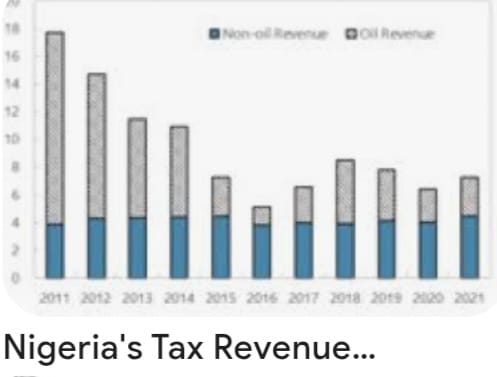
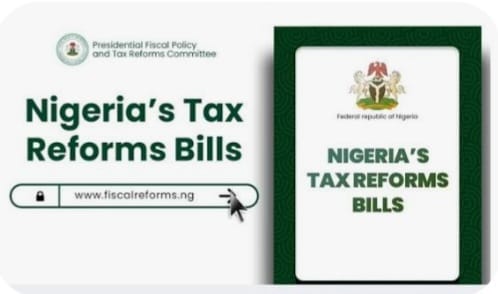

You must be logged in to post a comment Login